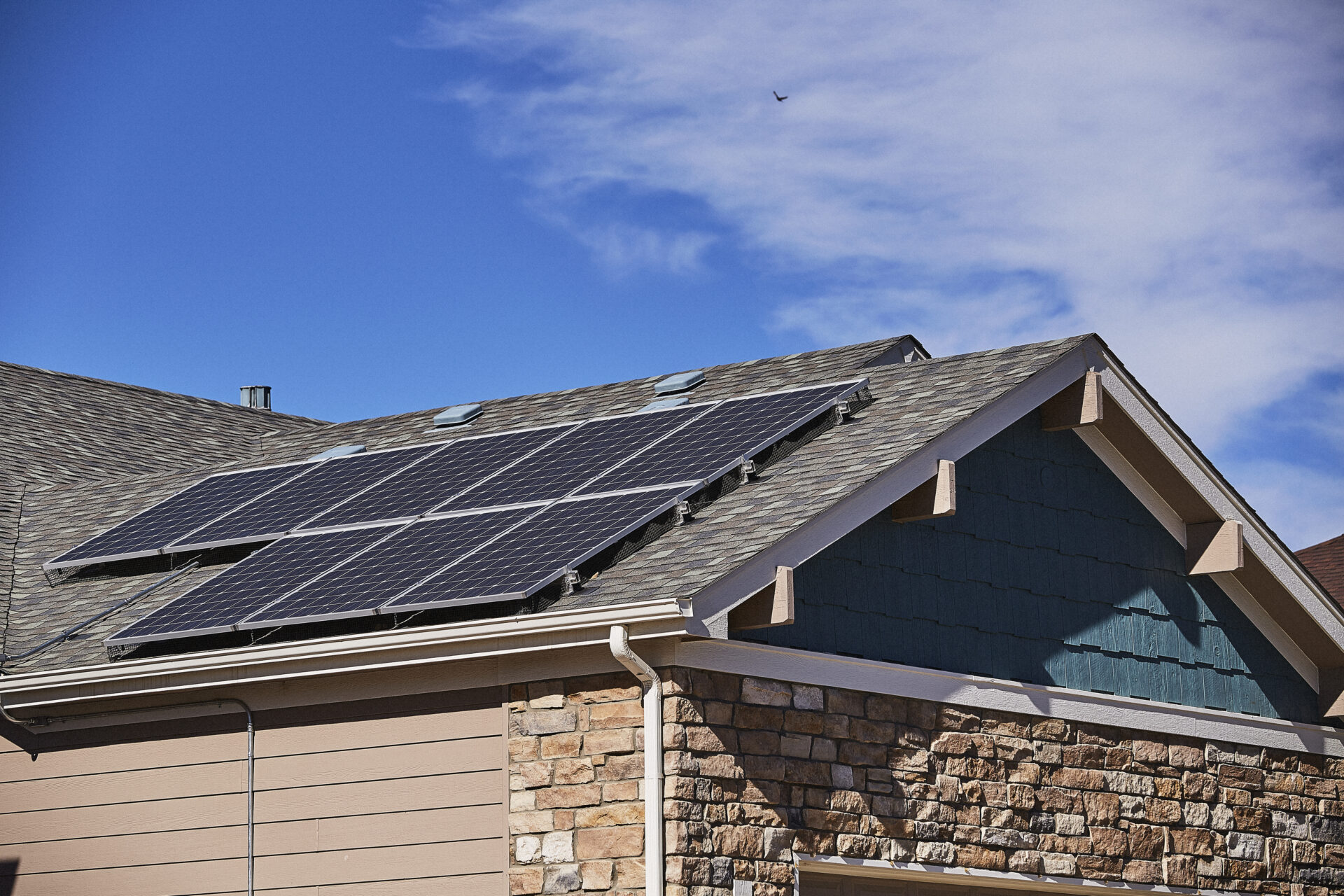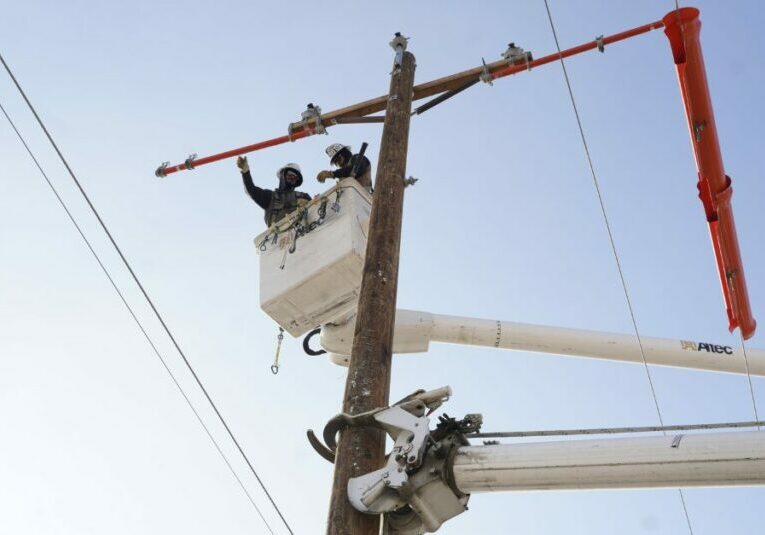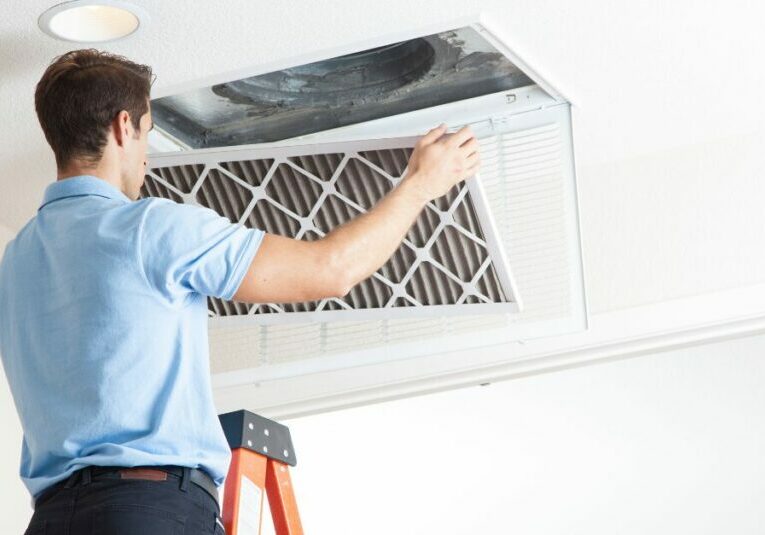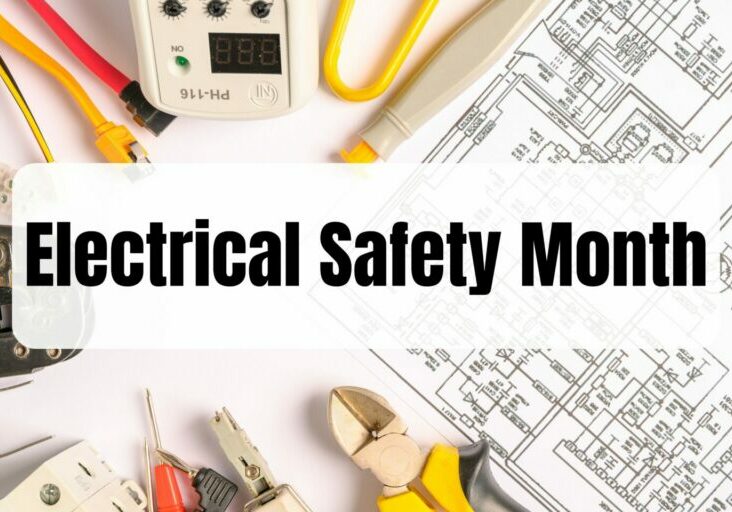10 Steps to Take Before Installing Solar

As prices decline and technology improves, installing a residential solar system—also called a photo-voltaic system—makes sense for some. However, it’s important to know the facts before committing to a purchase. Consider these points as you explore whether solar is right for you.
1. MAKE YOUR HOME MORE ENERGY EFFICIENT BEFORE BUYING A SOLAR SYSTEM
Adding insulation, sealing air leaks and completing other basic fix-it projects make sense for a few reasons. You can immediately cut your energy costs, and you’ll be able to reduce the size of PV system you purchase. Benton REA’s energy experts can help determine which projects will save you the most energy. Contact us at memberservices@bentonrea.org or 509-786-2913.
2. RESEARCH, RESEARCH, RESEARCH, BEFORE INVESTING
Benton REA should be one of your first contacts. Our experts can answer questions, provide resource materials, direct you to reputable websites and provide a list of reputable contractors in the area.
3. UNDERSTAND HOW SOLAR SYSTEMS MESH WITH YOUR ELECTRIC SYSTEM
Most solar systems are designed to provide a portion of the electricity you need but won’t fulfill 100% of your needs. At night, on cloudy days and possibly at other high-energy-use times, you’ll need more power than your PV system can produce. That means you’ll still need to be connected to Benton REA’s powerlines.
Because these systems are grid-connected, energy can flow both ways. When the inverter shuts down, the solar power stops flowing. Do not install a system with the expectation it will power your home during a power outage. To make solar your backup power, you must install a battery system and additional metering, often doubling the cost of your system.
Benton REA sets policies for connecting PV systems to its lines (the grid) and purchasing excess energy your system might provide. As you begin to explore solar systems, ask Benton REA about rate structures, interconnection and essential safety precautions.
4. REVIEW YOUR ENERGY USE TO DETERMINE WHAT SIZE PV SYSTEM TO INSTALL
Benton REA can help you review your past energy use and determine which energy efficiency projects may lower your future energy use. Having that information will help you determine—with expert assistance—the size and type of system best suited to your situation.
5. TALLY ALL YOUR UPFRONT COSTS
Benton REA does not sell, install or maintain PV systems, so you will need to purchase or lease a system from a contractor.
If you purchase a solar system, you will be the owner, and you’ll be responsible for the purchase price and ongoing maintenance and repair costs. If you lease, you will pay less initially, but you’ll likely have higher ongoing costs.
In either case, it pays to spend time figuring out all the expenses you’ll be responsible for during the life of the system. These may include installation (in addition to the system’s price), interconnection costs, insurance, taxes and possibly others.
If you are leasing, ask contractors about the length of the term, if the contract is transferrable to a new homeowner should you sell your home, the potential for price increases, as well as the same questions you’d ask if you were to purchase a PV system. In the “credit” column of your price comparisons, look at any incentives, rebates, and tax credits offered for either a purchase or a lease.
6. SEARCH FOR INCENTIVES, REBATES AND TAX CREDITS
Financial incentives will help reduce your investment costs. Opportunities vary by state and locale, and many have expiration dates. One database offering details is dsireusa.org. This site includes a clickable, interactive map, showing federal and state incentives, credits, exemptions, grants, loans and rebates for residential and commercial/industrial projects. Also, Benton REA staff and your contractor will have up-to-date details about incentives available where you live.
7. ACCEPT SHORT- AND LONG-TERM RESPONSIBILITIES
If you purchase a PV system, you’ll need to meet Benton REA’s interconnection agreement requirements and pay the interconnection fee. Local and/or state officials are responsible for conducting safety inspections, but it’s your responsibility to notify them in advance about your installation.
After the interconnection requirements are met and your system’s safety and integrity are approved, Benton REA will take care of the connection to the grid.
As the system owner, you’ll be responsible for maintenance and system repairs. If you lease a system, your responsibilities will depend on the agreement you sign. Be sure you understand what your responsibilities are.
8. FOLLOW ALL SAFETY PRECAUTIONS
Because of the two-way flow of electricity, excess energy your PV system collects during the daytime flows into Benton REA’s lines. This shoulders you with the responsibility for the safety of lineworkers, others who may contact a downed powerline and Benton REA’s equipment. Improper connection and maintenance of your system may endanger people and the grid’s reliability.
9. CHOOSE A REPUTABLE CONTRACTOR/INSTALLER
Start with a list of options garnered from website research, Benton REA and the Washington state Better Business Bureau.
Contact several contractors on your list. Winnow your list after asking questions, checking out installations the contractor has completed, comparing bids, checking references and thoroughly examining contracts.
10. MAINTAIN GOOD RECORDS
Keep files on your pre-purchase research and pre-installation data, as well as bids, contracts, inspection reports and maintenance records you may need to refer to in the future.
You’ll also want to know about system performance, so set up a system to track and compare your actual system performance with predictions provided by the contractor.
Is Solar Right for You?
Start by Contacting Benton REA. Our energy experts can help answer your questions about solar or other renewable energy. Contact us at 509-786-2913 or rmitchell@bentonrea.org. Visit www.BentonREA.org/renewable-energy for more information.
Recent Posts

Five Ways to Safeguard Your Home This Winter

Winter Weather May Impact Electric Bills

Cybersecurity Tips For a Safer Digital World

Electric Co-ops Grow for the Communities They Serve

Go Above and Beyond for a Safe Harvest

The Vital Role of the Lower Snake River Dams

5 Tips to Beat the Summer Heat

What You Need to Know About Furnace Filters

May is Electrical Safety Month



